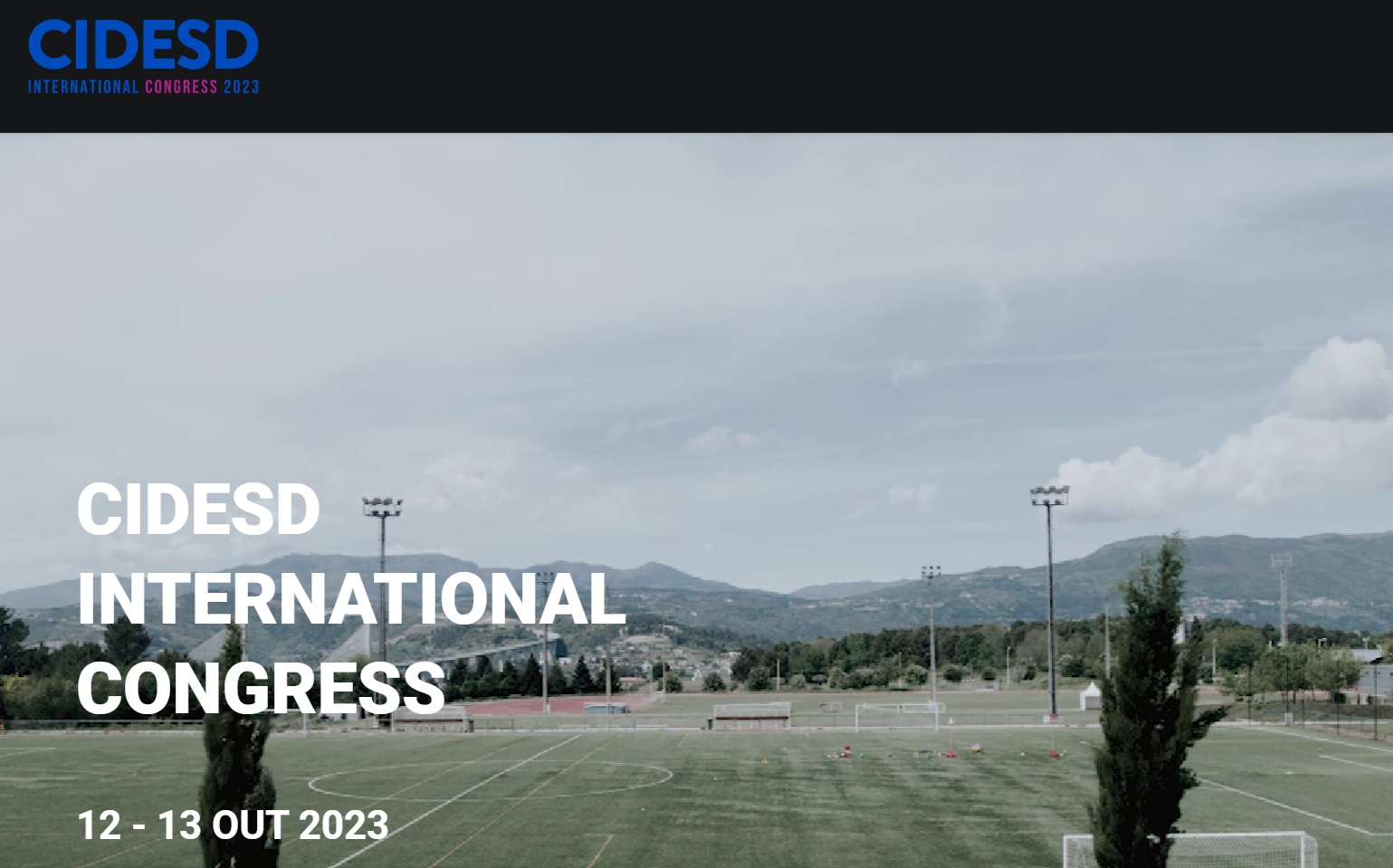Sport for All at ESECS - a pilot project with people with Intellectual and Developmental Disabilities (IDD)
DOI:
https://doi.org/10.6063/motricidade.31667Keywords:
Intellectual and Developmental Disabilities, Autonomy, Independence, Functionality, Physical Fitness, Physical ExerciseAbstract
The relationship between the levels of autonomy and independence in people with Intellectual and Developmental Disabilities (IDD) and their levels of functional physical fitness is not clear in the literature. Thus, this study aimed to compare the levels of autonomy and functionality in daily living activities of people with IDD with their functional physical fitness levels and to analyse the effect of a 9-week physical exercise programme (one 1h session per week) on these variables. Seventeen adults (35.17±13.57 years) with IDD participated in this study. Anthropometric data (height, weight, body mass index and muscle mass) and data regarding functionality of daily living activities (WHODAS 2.0) were collected. The functional physical fitness was also assessed (handgrip strength, standing and sitting, and timed up and go test. There was an improvement in the daily living activities functionality (z=-2.19; p=.03) and body composition, namely in body mass index (z=-2.08;p=.04) and muscle mass (z=-1,94;p=.05) in the comparison between two moments. On the other hand, there were no differences in the functional physical fitness variables. Thus, the intervention program seems to have contributed positively to improving the perception of autonomy in daily living activities and body composition but was not enough to improve the participants' functional physical fitness.
Downloads
Published
Issue
Section
License
The authors of submitted manuscripts must transfer the full copyright to Journal Motricidade / Sílabas Didáticas Editions. Granting copyright permission allows the publication and dissemination of the article in printed or electronic formats, and copyrights start at the moment the manuscript is accepted for publication. It also allows Journal Motricidade to use and commercialise the article in terms of licensing, lending or selling its content to indexation/abstracts databases and other entities.
According to the terms of the Creative Commons licence, authors may reproduce a reasonable number of copies for personal or professional purposes, but without any economic gain. SHERPA/RoMEO allows authors to post a final digital copy (post-printing version) of the article on their websites or on their institutions' scientific repository.


